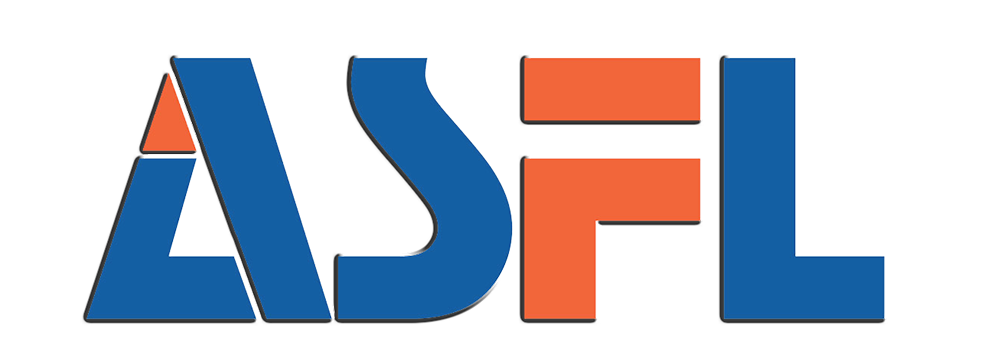Boosted Production Efficiency and Speed
High-Speed Operations of Bottle Filling Machines
The modern automated water bottling machines have revolutionized the production floor with their capability to operate at speeds of up to 300 bottles per minute. This remarkable efficiency not only elevates overall production output but also magnificently transforms bottling plants' ability to meet demanding market needs. Such high-speed operations are made possible through continued advancements in technology, which have significantly reduced cycle times, thereby improving efficiency in high-volume production environments. For instance, industries like the beverage sector have successfully implemented these high-speed systems, witnessing up to a 40% increase in productivity. This exponential growth in output underscores the machine's profound impact on enhancing operational dynamics and competitiveness in the market.
Reducing Bottleneck Times in Liquid Processing
One of the key challenges in liquid processing operations is the occurrence of bottlenecks, which can severely impact production throughput. However, automated water bottling machines effectively address these issues by streamlining workflows and integrating adaptive technologies. By employing these advanced systems, businesses have reported substantial reductions in bottleneck times. Statistical evidence from various case studies illustrates percent improvements in throughput, clearly highlighting their effectiveness. For example, a regional bottling plant recorded a 50% increase in production capacity by integrating such technology, which significantly alleviated previous operational slowdowns. Continuous monitoring and adaptive responses enabled by modern technology are crucial in maintaining smooth and optimal production flows, ensuring that downtime is minimized and efficiency is maximized. This integration of monitoring systems ensures that the production line remains agile, able to swiftly adapt to changing demands while sustaining high-quality output.
Significant Labor and Operational Cost Savings
Automated Labor Reduction Strategies
The introduction of automated liquid filling machines presents a significant opportunity for labor cost savings by requiring fewer operators per shift. By automating the filling process, businesses can reduce labor costs by as much as 50%, as fewer personnel are needed to perform manual operations. This substantial decrease in manpower not only cuts expenses but also reallocates resources to more strategic areas of production, boosting overall business growth potential.
Moreover, the transition from manual to automated systems is supported by compelling data. In many facilities, the cost reductions achieved through automation provide a clear competitive advantage. For example, a report by McKinsey highlights how modern automation plays a crucial role in addressing labor shortages in manufacturing, making filled roles more sustainable while reducing repetitive and strenuous tasks that contribute to high turnover rates.
Minimized Product Waste with Precision Filling
Water bottling machines, with their advanced precision filling capabilities, play a pivotal role in minimizing product waste, enhancing both efficiency and sustainability. These machines ensure accuracy in the filling process by precisely measuring and dispensing liquid into each bottle, thereby reducing the amount of waste generated during production. This not only mitigates loss of materials but also aligns with corporate social responsibility goals focused on environmental sustainability.
Statistical data backs the efficacy of these technologies; companies using water bottling machines have reported significant waste reduction, aligning with sustainability commitments. Precision filling thus contributes to enhanced operational efficiency while simultaneously supporting ecological initiatives. This approach strengthens corporate branding through eco-conscious practices, benefiting both profitability and reputation.
Enhanced Product Quality and Consistency
Hygiene Control in Water Filling Systems
In the food and beverage industry, hygiene plays a critical role in maintaining product safety and consumer trust. Automated water filling systems offer superior sanitation protocols compared to manual operations, ensuring a higher standard of cleanliness. These systems comply with stringent industry standards, such as the FDA and ISO certifications, which serve as benchmarks for product safety and quality. By minimizing human contact during the filling process, automated machines reduce the risk of contamination, thus boosting consumer trust and brand loyalty. According to industry experts, a focus on hygiene can significantly enhance consumer confidence, leading to increased market share and brand growth.
Uniform Fill Levels Across Bottle Types
Achieving uniform fill levels is crucial for maintaining product consistency and quality. Modern water bottling machines employ advanced technology to ensure consistent fill levels across a variety of bottle shapes and sizes. Technologies such as gravity fillers and pressure filling systems are engineered to deliver precise fill amounts, regardless of the bottle’s dimension. Practical applications demonstrate that consistency in fill levels not only bolsters brand reputation but also enhances customer satisfaction. Machines are calibrated using sophisticated sensors and controls, which guarantee accuracy and reliability in production lines, reducing discrepancies and ensuring a smooth, efficient operation.
Scalability and Future-Proof Operations
Adapting to Market Demands with Modular Design
Modular design in automated liquid filling machines provides businesses flexibility to scale operations efficiently as market demands fluctuate. With a modular setup, companies can easily add or modify components, such as filling heads and capping units, without causing significant downtime, which is essential for maintaining production continuity. Successful adoption in leading companies showcases how modular systems allow expansion in response to evolving demand patterns. As a result, organizations can avoid costly overhauls and adapt swiftly to industry shifts.
Investing in scalable technologies yields considerable financial advantages. These systems enhance return on investment (ROI) by allowing gradual expansions aligned with growth needs rather than large upfront financial commitments. Furthermore, the flexibility to modify production lines to cater to new product lines or packaging types offers a strategic advantage, allowing businesses to stay competitive and responsive to market trends.
Sustainable Innovations in Automatic Liquid Filling
Sustainability is a driving force in the evolution of automatic water bottling systems, with innovations aimed at reducing environmental impact. Modern automated systems leverage energy-efficient technologies, such as advanced sensors and efficient motors, to minimize resource use while maintaining high operational efficiency. For instance, some companies have successfully implemented eco-friendly processes, reducing waste by optimizing filling precision and employing water recovery systems to lower consumption.
Industry experts predict a growing emphasis on sustainable practices across the beverage industry. The integration of renewable energy sources, waste minimization strategies, and biodegradable packaging aligns with these future sustainability goals. Companies adopting these eco-friendly initiatives see considerable enhancements in energy savings and waste reduction metrics, reflecting a commitment to environmental stewardship and improving their public image. As sustainability becomes a necessity rather than a choice, automated liquid filling solutions will continue to evolve to meet these ecological demands, ensuring that operations remain resource-efficient and environmentally responsible.

 EN
EN
 AR
AR
 FR
FR
 DE
DE
 PT
PT
 RU
RU
 ES
ES
 TR
TR




